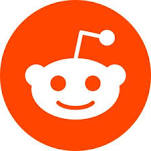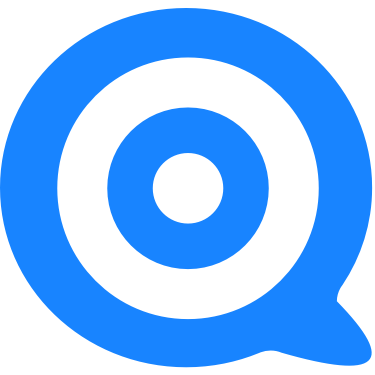I Built A Reddit Search Engine That Generated $60K In Its First Year
Hello! Who are you and what business did you start?
I’m Fed - bootstrapped founder, digital nomad, and maker of two community-focused products.
The Hive Index is a directory of 1300+ online communities, it’s a free resource that helps people find online communities for their interests & aspirations.
GummySearch is an audience research tool that helps startup founders quickly understand the conversations happening in online communities on Reddit to ideate new businesses, validate their solutions, and find customers for their businesses.
Both products are in their early stages, but showing promise. The Hive Index helps 10k people find online communities each month. GummySearch has generated $60k in revenue in its first year.
I’ve been building these businesses over the past 1.5 years, and it’s been one a heck of a ride! I’m excited to share my Starter Story with you today.

Download the report and join our email newsletter packed with business ideas and money-making opportunities, backed by real-life case studies.

Download the report and join our email newsletter packed with business ideas and money-making opportunities, backed by real-life case studies.

Download the report and join our email newsletter packed with business ideas and money-making opportunities, backed by real-life case studies.

Download the report and join our email newsletter packed with business ideas and money-making opportunities, backed by real-life case studies.

Download the report and join our email newsletter packed with business ideas and money-making opportunities, backed by real-life case studies.

Download the report and join our email newsletter packed with business ideas and money-making opportunities, backed by real-life case studies.

Download the report and join our email newsletter packed with business ideas and money-making opportunities, backed by real-life case studies.

Download the report and join our email newsletter packed with business ideas and money-making opportunities, backed by real-life case studies.
























